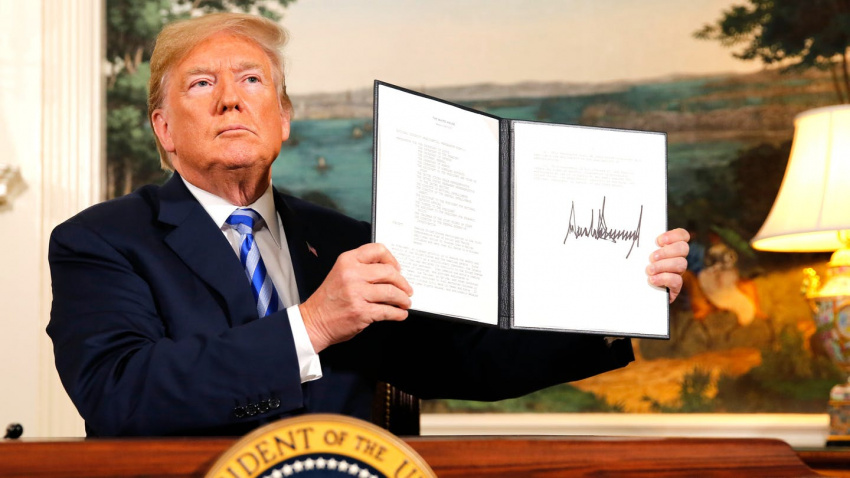In Washington's Game of Extending Arms Embargo, Tehran Still Has a Leverage

Tehran's ability to sustain its relations with the international community has so far abated White House's policy of maximum pressure - albeit only to some extent. Since it left the JCPOA in May 2018, Washington has launched a war of nerves against Tehran. In the latest phase of this war, White House is stirring tension between Iran and international institutes to smooth the path for extension of arms embargo against Iran, and deprive the country of any benefits it could gain from the 2015 nuclear deal.
Approaching the end of its first term, Trump administration is toiling to strike more forceful blows at Iran through its maximum pressure policy. White House's goal at this stage is to strain Tehran's relations with the international community.
The recent release of a UN report on the origin of missiles attacking Saudi Arabia oil facilities in 2019, drafting and distribution of a resolution to extend the arms embargo against Iran, IAEA report on Tehran stonewalling inspection of sites suspected of undeclared nuclear activity (during the 2002-2004 period), and a new campaign by US Congress Republicans to widen the sanctions' net against Iran are all parts of the maximum pressure expected to intensify before the upcoming November 3rd presidential election in the United States. In a nutshell, White House is following two main goals: one) to undermine Tehran's relations with the international community; two) to strike the final blow against the nuclear deal even if Trump loses the presidential election.
White House is unashamed to declare that things may change for Tehran if it agrees to enter a new round of negotiations. However, such a turn will most likely only benefit Trump and his administration, not Tehran or its European partners.
Tehran's key leverage against Trump at the moment is that other members of the UN Security Council are well aware of the hidden nature of White House policies. That is why Tehran's major foreign partners are putting up with Trump, waiting for the November elections to decide about their next step. Thus, the current situation calls for Tehran's care to safeguard its diplomatic ties. Despite the undesirable wording in recent reports on Iran's nuclear activities, IAEA' has reaffirmed that Iran does not seek a nuclear weapon. This, beside other solid legal arguments, should be seen against remarks by IAEA Director General Rafael Grossi.
White House's strategic goal is to sabotage Tehran's foreign relations. This is Trump's Parthian shot before it decides to enter a direct confrontation with Tehran.

